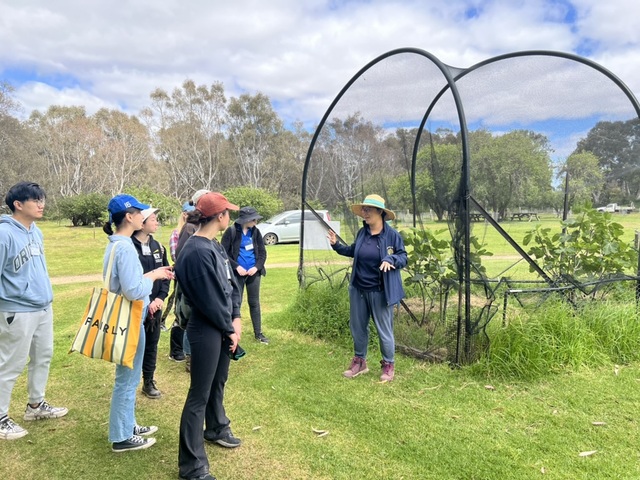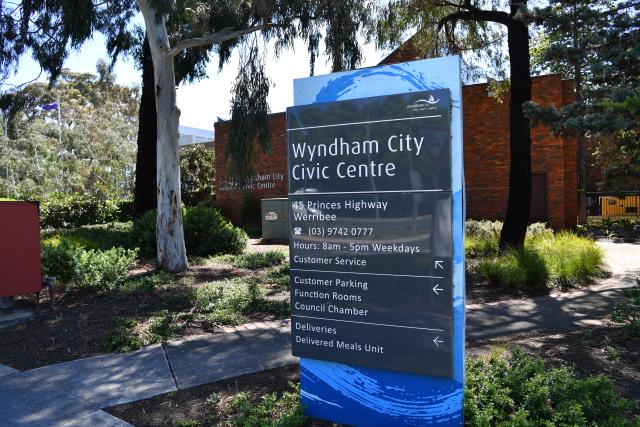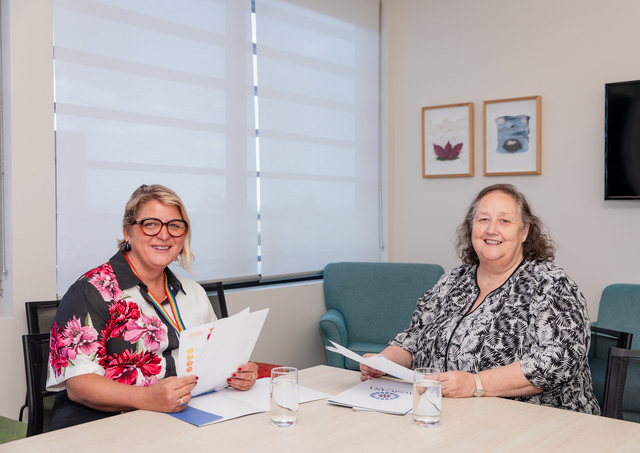The federal government recently made several changes to super provisions relating to housing that may result in an easier path into the market for first home buyers and downsizers in Wyndham.
The changes, both contained within the Treasury Laws Amendment (Enhancing Superannuation Outcomes for Australians and Helping Australian Businesses Invest) Bill 2021, were passed earlier this month and will come into force on July 1.
Both alterations change the rules for existing programs currently in place for Aussies looking to use super as a way to grow a housing deposit, or those nearing retirement age wanting to use proceeds from the sale of the family home to top up their super balance.
For the latter, the bill reduces the eligibility age at which someone can make downsizer contributions into their superannuation from 65 to 60 years old, with certain conditions needing to be met.
However, financial planners aren’t too sure about these changes resulting in increases of downsizer sales.
Financial planner Scott Malcolm of Money Mechanics says that both changes are welcome but likely wouldn’t make a huge difference to most people.
“They’re just minor changes to a system that’s already there, so it’s good news for people who are trying to get more money into super because a lot of people have their home as their primary asset and are looking to retire,” Mr Malcolm says.
Financial planner Nick Lucey, director of Nest Advisory Group, said that for most 60 year olds who were already planning their retirement, the rules wouldn’t make a huge difference, with people in that age bracket already able to make contributions from the sale of their home.
“[For a] 60 year old who might choose to downsize their $1.5 million home to a $1 million home… under the current rules, without using the downsizer contribution, they can still make a contribution to super anyway,” Mr Lucey says.
Neither Mr Malcolm nor Mr Lucey believed the changes would see many 60 year olds bring forward their retirement plans.
For prospective first home buyers, the government’s changes increase the maximum amount of voluntary contributions that could be released under the First Home Super Saver Scheme (FHSSS) from $30,000 to $50,000.
A complex application process meant many people avoided using the FHSSS, and the latest changes wouldn’t make a difference to this, Mr Lucey said.
“I might see anywhere between 10 to 20 clients a week, a lot of them are first home buyers, and from that experience I can probably estimate over the past three years to my knowledge maybe three or four first homebuyers have utilised the scheme,” Mr Lucey said.
“It will be interesting to see if there are any other announcements given it’s an election year,” says Mr Malcolm.
Originally published on www.realestateview.com.au by Jack Needham

















